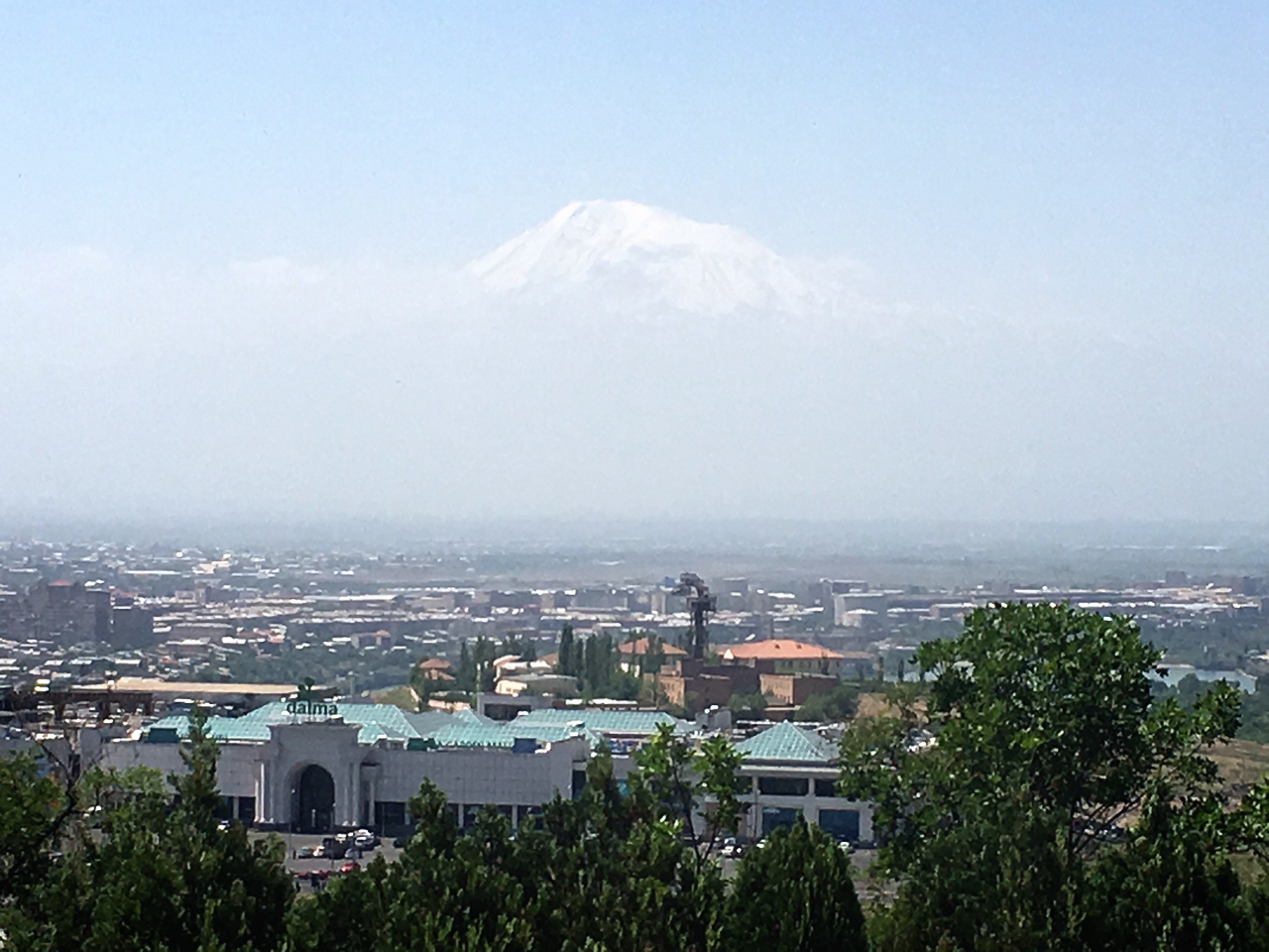
This is a piece of street art I found - the artist is Mr. Ogay
Last week, I began a blog post about Chinese apps WeChat and TikTok being banned from purchase in app stores in the US, but never finished it. Partly I just couldn’t maintain a focus as it’s not clearly related enough to Taiwan, my core writing topic, and partly I felt like everything I had to say on the issue tapped into a deeper question:
In so many areas where China is concerned, I find myself going against my political instincts and nature to support certain actions and policies that, generally speaking, I would otherwise oppose. Why is that?
For example, I am generally against banning apps or access to communication platforms. However, in the case of WeChat and TikTok, I’m ambivalent, with a slight lean toward supporting the ban (despite despising Donald Trump’s administration with not just my bones, but my guts, skin, blood and waste matter).
I’m not moved by arguments that it denies ‘freedom of speech’ to some communities; freedom of speech is not available on WeChat or even TikTok thanks to Chinese censorship. The only difference is that in the US you may become a person of interest with your post deleted. In China, your post being deleted is the best possible outcome; you could have your account suspended or be shoved in a truck and carted off to a gulag. I’m slightly moved by the argument that it cuts off people in China from loved ones abroad, but ultimately that’s China’s problem: they’re the ones that made it impossible to use just about any other platform (that they don’t control). So why are people mad at the US, not China, for a situation China created? It makes about as much sense as admonishing Taiwan for “provoking China” or “raising tensions” when China is the one creating the tensions and choosing to react with anger.
I’m especially not moved by the argument that corporate surveillance of our data in other countries is just as bad as CCP surveillance on WeChat. Sure, it sucks, but it’s not equivalent. FaceCreamCo may be harvesting my data trying to sell me face cream, and I hate that, but FaceCreamCo isn’t going to cart me off to a literal gulag if I speak out against this. Even politically, whatever the US government may be doing with our data, we are able to write about that, debate it, disagree with it, insult our leaders — and generally speaking, we can expect that we won’t be threatened and we certainly won’t end up in a re-education camp or be dragged out to a field and shot. (There is a social media moderation problem which censors women and people of color but not white men, however.)
That alone shows you the two issues are simply not the same and should not be compared this way. The reason is simple: what else is the US supposed to do? Allow apps that are basically thinly-disguised hostile government surveillance and malware to operate within their borders, potentially harming people in their country, including their citizens? What’s the better option here?
Anyway, this isn’t the first time I’ve gone against the logical conclusions of my own values where China is concerned. For instance, I’m also generally anti-war and anti-military. On principle, for instance, I oppose the US maintaining the largest military force in the world, by several orders of magnitude, and spending so much on it as American citizens suffer due to insufficient social and community services, crumbling or insufficient public infrastructure and an utter joke of a social safety net, despite rather high taxes (I’m fine with higher taxes, but I want the money to be spent thoughtfully and effectively).
In theory, I’m against the US getting over-involved in just about any conflict abroad, as we always seem to make such a mess of it while proclaiming that we’re promoting American “values” or “exceptionalism” or whatever the term du jour is, despite the fact that the values in question are universal (human rights, including the right to self-determination) and the US is not exceptional in any good way.
And yet, I am in favor of US military assistance to Taiwan. I know that my own values as well as the brutal history of US involvement in foreign conflicts, plus the sheer horror of our bloated military, should cause me to oppose it, but I don’t. Taiwan needs friends, and can’t exactly choose its backup. If that means hoping a military industrial complex that horrifies me in every other way will have Taiwan’s back in case it needs to fight the PLA...then that’s what it means.
In general, I’m also anti-violence. I prefer peaceful resolutions, having grown up watching revolution over bloody revolution fail to deliver a better life for the people of any given place. At the same time, I’ve watched countries that have slowly progressed and improved despite having to make some tough compromises that affect the lives of real people make real progress — Taiwan among them.
However, I’ve come to realize that fists don’t stop tanks, period. We can talk all we want about how Taiwan should be anti-war but still resist China. But that’s not going to work if China is hell-bent on a war. Refusing US assistance is akin to telling China that this is a fight they can win, and it’s foolish to think they won’t try. They won’t particularly care that such moves would create a state of prolonged internal conflict that would make Syria blush — this is a government that is quite comfortable with literal genocide.
Then there are the economic issues. I’m no communist, and am barely socialist. That is to say, I’m anti-corporate and anti-crony capitalist, and have never been happy working for any sort of large multinational entity, and I support strong social programs and careful regulations as companies can basically never be trusted, but I’m not anti-free market.
So when the whole US pork controversy hit Taiwan (again, sigh), my instinct was to think “you all are saying this will be good for the Taiwanese economy, but pork prices are already low, good products are available, and it will certainly hurt Taiwanese farmers”.
But, in a bigger picture sense, I have to admit that what Tsai is doing probably is best for Taiwan. Taiwan Report summarized the issue well: meat imports are not the only thing potentially on the table. (If that’s all it was, I would probably oppose it). It’s that Tsai has it quite right that Taiwan is too economically dependent on China, and a big reason for that is the lack of trade agreements with other countries, a situation that is mostly the fault of CCP bullying on an international scale. Say yes to pork, and that could open the door to more important agreements. Free trade isn’t always good for all involved, but in this particular case it actually is, for Taiwan: it’s an opportunity to bolster economic ties with the US and, through that, signal to other countries that working with Taiwan may be possible even in the face of Chinese fury.
Taiwan independence advocates (so, almost everybody who cares about Taiwan, and certainly everybody worth listening to) and anti-KMTers have been saying for years that getting too close to China is bad for Taiwan, directly opposing the KMT line that the only way forward is for China and Taiwan to deepen ties. The KMT is wrong, but those who oppose them also tend to oppose every other workable option that would keep Taiwan’s economy robust because they sound scary and not protectionist enough. How do you find alternatives to economic ties with China, if you’re not willing to seriously discuss economic ties with anyone else, in any ways that matter?
I actually do believe in protecting local industry, generally — if that can be shown to be the better path in that particular instance. I don’t want Taiwan to be a hub for major international conglomerates as I’ve seen that create sickening inequality almost everywhere it’s happened, from New York to Silicon Valley to Singapore to Hong Kong.
And I do think the US starting out with agricultural products (which is bound to create opposition in Taiwan where so much of the history — even recently — is tied to the land) rather than just offering to open up more general trade talks is kind of a dick move. And yet, when it’s all stacked on the scales, I find myself supporting any move that helps wriggle Taiwan out of Chinese co-dependency and towards other international ties.
These are just three examples: banning apps, military assistance from horrible people, and economic issues. I could add a fourth — opposing talking to right-wing figures in the West even if they support Taiwan — but I’ve spilled so many words examining that particular issue that I don’t particularly wish to revisit it. Generally speaking, I’ve come over to the side of supporting bipartisan endeavors, not because I think people like Ted Cruz are acceptable (they are not; I’d spit on Cruz if I came face-to-face with him) but because I’ve realized that it’s better if support for Taiwan transcended electoral politics. That goes both ways: hoping the left and center will come around, but also not tying all Western support for Taiwan to their successful elections.
So, the final question is why. Are my principles just not strong enough? Do I claim to have certain values and then abandon them the second they become inconvenient? Or are my beliefs more tied to ends than means — means matter to an extent, but are some compromises not acceptable if the outcome is preferable? I can’t rule out the former, it would be self-serving to say it shouldn’t be a concern. But overall, hopefully the latter holds more sway: just as a person who believes in peace won’t necessarily say it’s wrong to punch a Nazi, maneuvering Taiwan into a better international position may require me to accept a few choices that I otherwise would not support.
Anyone who says, for instance, that they support peaceful protest but won’t abandon a cause just because a protest for it grew violent should understand this. I won’t abandon paths that I think are in Taiwan’s best interest just because the means don’t always fall within my most rigid principles, because the key principle I hold dear is that Taiwan deserves recognition and de jure sovereignty. Period.
And, to bring this all back to China, the enemy also matters (and make no mistake, the CCP is an enemy). When an enemy can be negotiated with, one should negotiate. When non-violence is possible, it should be pursued. We should stand by local business and not be taken in by big money when that can be done without remaining economically tethered to an active, vicious enemy.
Another way to put this is fundamental values vs. beliefs. I believe in peace, diplomacy, finding solutions, civil disobedience while avoiding violence. Self-determination and human rights as universal (not just Western) concepts, however, are core values. It's best for the means to align with my beliefs (diplomacy, non-violence), but at the end of the day, when a choice must be made, I'll stick with my core values. Taiwan won't get to choose if China starts a war, and if it does, it's more important to me to defend sovereignty and human rights in Taiwan than to refuse to fight because war is bad. Forming opinions about CCP hasn't corrupted that process, it's clarified it.
But the CCP is so truly awful, so unacceptable, so threatening and so utterly disgusting that the full horror of their actions, from the missiles pointed at Taipei to the cultural and literal genocides in Tibet and Xinjiang, creates a black hole of evil that warps everything around it. It can’t be negotiated with, it does not respect non-violence, and it absolutely will try to use economic blackmail to force Taiwan’s hand. It will exploit party politics and foreign culture wars for its own benefit. That is the stuff the CCP is made of. There is no good in it.
Even today, your average peace-loving or anti-war person will admit that it was necessary to, say, fight the Nazis. That appeasement was wrong and brought us nothing good. This is how I feel about China. And that’s what the CCP are — Nazis. You can’t negotiate with Nazis, you can only fight them. Frankly, you might not get a choice.
Appeasement didn’t work then, it won’t work now, and that means that I have to adjust the principles I hold when it comes to everything else, because to Taiwan, it’s a threat unlike anything else.














